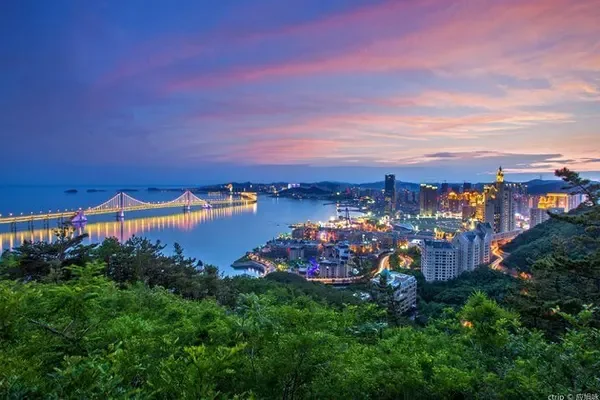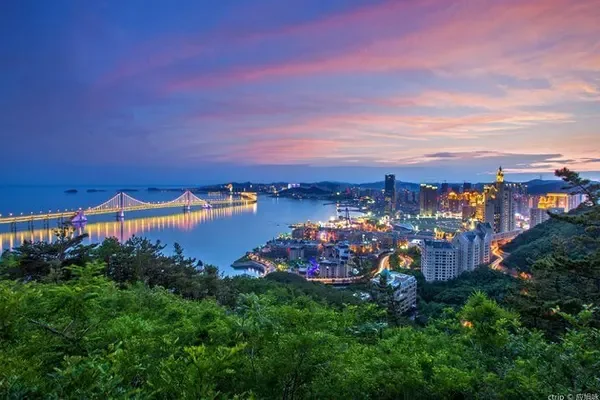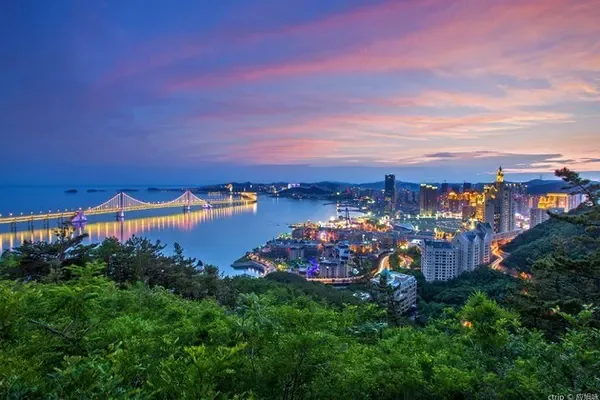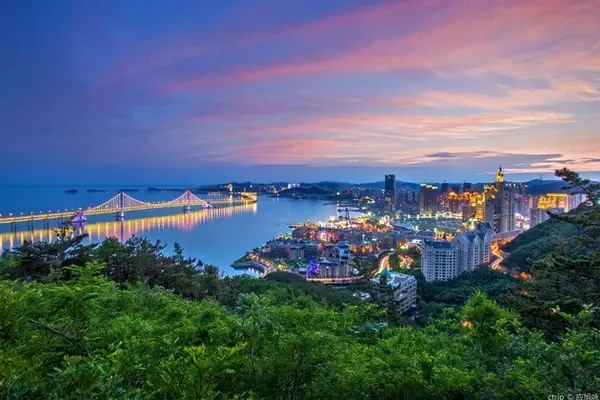This summer, after taking the Duku Highway, I passed a city called Korla on my way back from Kuqa to Turpan. Korla, this name is not unfamiliar to me. When I was in college, I had a good classmate from Korla. I once said to her: After graduation, I must go to Xinjiang, to your hometown Korla. Yes, I really came, but she went to Beijing after graduation. So this time it is destined not to stay for long.

Although it is located in southern Xinjiang, Korla in July is exposed to the sun and is unbearably hot. The urban area at 7 pm is still "steaming", very much like 2 pm. "Korla" means "overlook" in Uighur. Because it is rich in the famous "Korla Fragrant Pear", also known as "Pear City", I entered a large local supermarket and wanted to buy some local fruits.

Korla fragrant pears will be on the market in September. Unfortunately, I had no choice but to buy green grapes. I thought the grapes in Xinjiang would be cheap, but I didn’t expect the green grapes in the supermarket to be 20 yuan a kilogram! It's really big and has a lot of juice, so it seems that the price is not bad? But it’s really not sweet at all. I’m a little disappointed. It seems that when I go to Korla in the future, I have to wait for September to eat fragrant pears!

Korla, the capital of Bayingoleng Mongol Autonomous Prefecture in Xinjiang, is the first "National Civilized City" in five provinces in Northwest China. As soon as you get off the steel plastic, you can see the slogan: "National Civilized City Korla Welcomes You". Looking at the skyscrapers, can you imagine that it is only 70 kilometers away from the Taklamakan Desert, the world's second largest desert in the "Sea of Death"?

On the way to the city, I passed this turntable several times. Because it was my first time, the route was unfamiliar and the navigation prompts were slow, so I was dizzy several times! Do not laugh!

When I stopped on the road and waited for the traffic light, I photographed the ordinary moment when people crossed the road. Everyone took big strides, pinched the green light to count down the seconds, and rushed to the opposite side. What a real city scene. On the road of travel, I especially like to see such unmodified moments. By the way, can you imagine that this is the sun around 8 o'clock in the evening?

Because of the particularity of the geographical environment, in the urban area of Korla, few trees can be seen, only a few sparse landscape trees beside certain road sections, so in the hot weather, the shadows of buildings become fruits and vegetables A good place for vendors to set up their stalls. Such a temporary market is really lively. If it wasn't for the fact that parking is not allowed on the side of the road, I would definitely come down and take a stroll.

From Kuqa to Turpan, nearly 700 kilometers, even if you don’t stop on the way, you have to walk on the high speed for nearly 10 hours. You can imagine the hardships. Therefore, after a simple dinner, let the cool car and After taking a photo with the scenic spot sign of "Swan River", I bid farewell to Korla.

Korla City has a long history and is the throat of the ancient Silk Road. In 630 A.D., Xuanzang, an eminent Buddhist monk, passed through Korla to learn scriptures from the West. Most of the current city area once belonged to Quli State, one of the 36 ancient Western Regions. For visual impact, just step out of town.

Driving on the highway, looking out of the car window, the gray soil slope is close to the road surface. There are many stones and gravels in the soil, and there is no grass. Passing through it, there is an indescribable feeling, and I can't help but ask myself: What kind of place is this? Then tell yourself: This is Xinjiang, a magical and diverse place!



